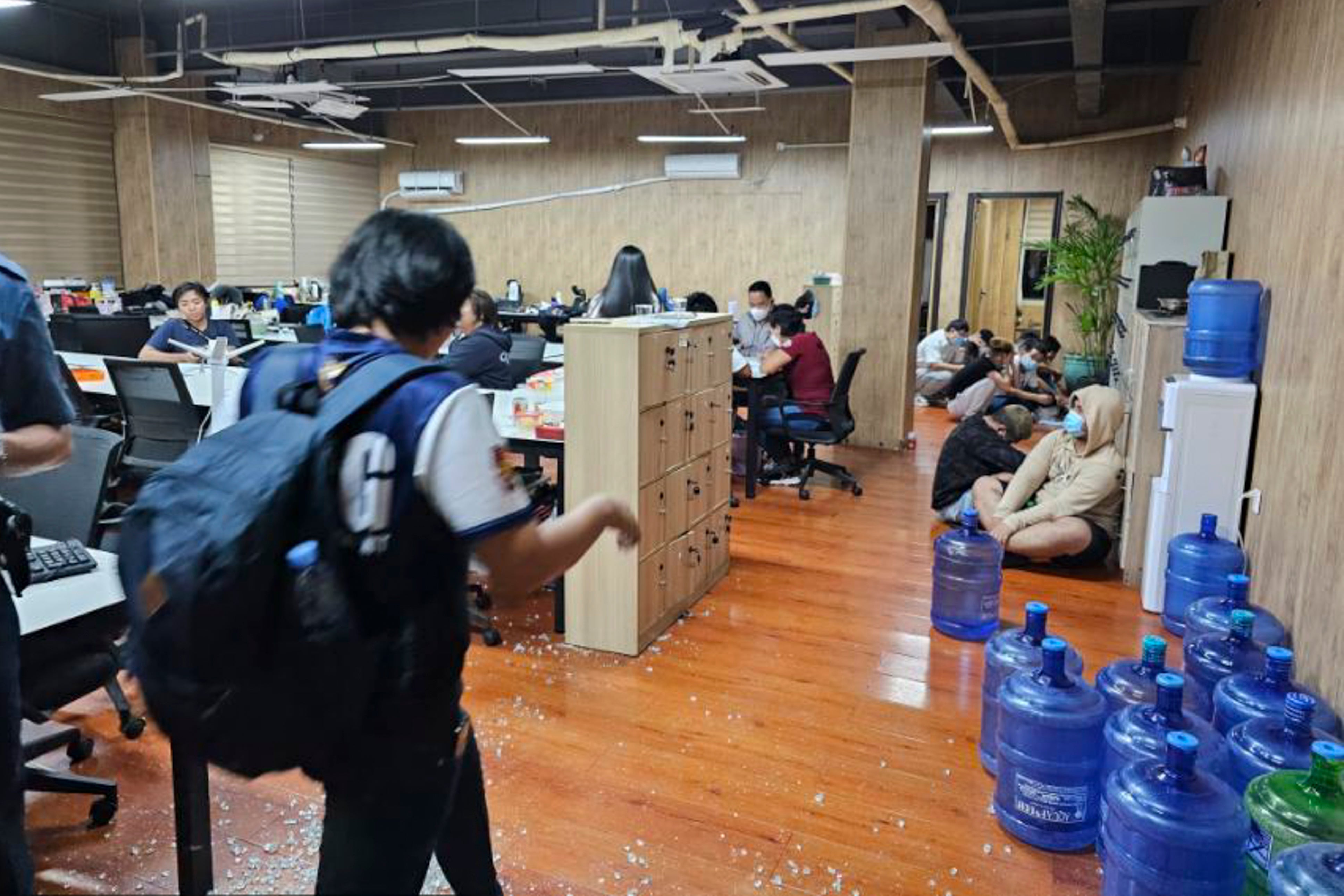UN warns hundreds of thousands in Southeast Asia roped into online scams
The U.N. human rights office is reporting that criminal gangs have forced hundreds of thousands of people in Southeast Asia into participating in unlawful online scam operations, including false romantic ploys, bogus investment pitches, and illegal gambling schemes

Your support helps us to tell the story
From reproductive rights to climate change to Big Tech, The Independent is on the ground when the story is developing. Whether it's investigating the financials of Elon Musk's pro-Trump PAC or producing our latest documentary, 'The A Word', which shines a light on the American women fighting for reproductive rights, we know how important it is to parse out the facts from the messaging.
At such a critical moment in US history, we need reporters on the ground. Your donation allows us to keep sending journalists to speak to both sides of the story.
The Independent is trusted by Americans across the entire political spectrum. And unlike many other quality news outlets, we choose not to lock Americans out of our reporting and analysis with paywalls. We believe quality journalism should be available to everyone, paid for by those who can afford it.
Your support makes all the difference.The U.N. human rights office says criminal gangs have forced hundreds of thousands of people in Southeast Asia into participating in unlawful online scam operations, including false romantic ploys, bogus investment pitches, and illegal gambling schemes.
The Office of the U.N. High Commissioner for Human Rights, in a new report, cites “credible sources” that at least 120,000 people in strife-torn Myanmar and roughly 100,000 in Cambodia “may be held in situations where they are forced to carry out online scams.”
The report sheds new light on cybercrime scams that have become a major issue in Asia, with many of the workers trapped in virtual slavery and forced to participate in scams targeting people over the internet.
Laos, the Philippines and Thailand were also cited among the main countries of destination or transit for tens of thousands of people. Criminal gangs have increasingly targeted migrants, and lure some victims by false recruitment — suggesting they are destined for real jobs.
The rights office, citing the “enormity” of the scam operations, said the exact impact in terms of people and revenues generated is hard to estimate because of their secrecy and gaps in governmental response, but it's believed to be in the billions of U.S. dollars every year.
Some victims have been subjected to torture, cruel punishments, sexual violence and arbitrary detention, among other crimes, it said.
In June, Philippine police backed by commandos led a raid to rescue more than 2,700 workers from China, the Philippines, Vietnam, Indonesia and more than a dozen other countries who were allegedly swindled into working for fraudulent online gaming sites and other cybercrime groups.
In May, leaders from the Association of Southeast Asian Nations agreed in a summit in Indonesia to tighten border controls and law enforcement and broaden public education to fight criminal syndicates that traffic workers to other nations, where they are made to participate in online fraud.